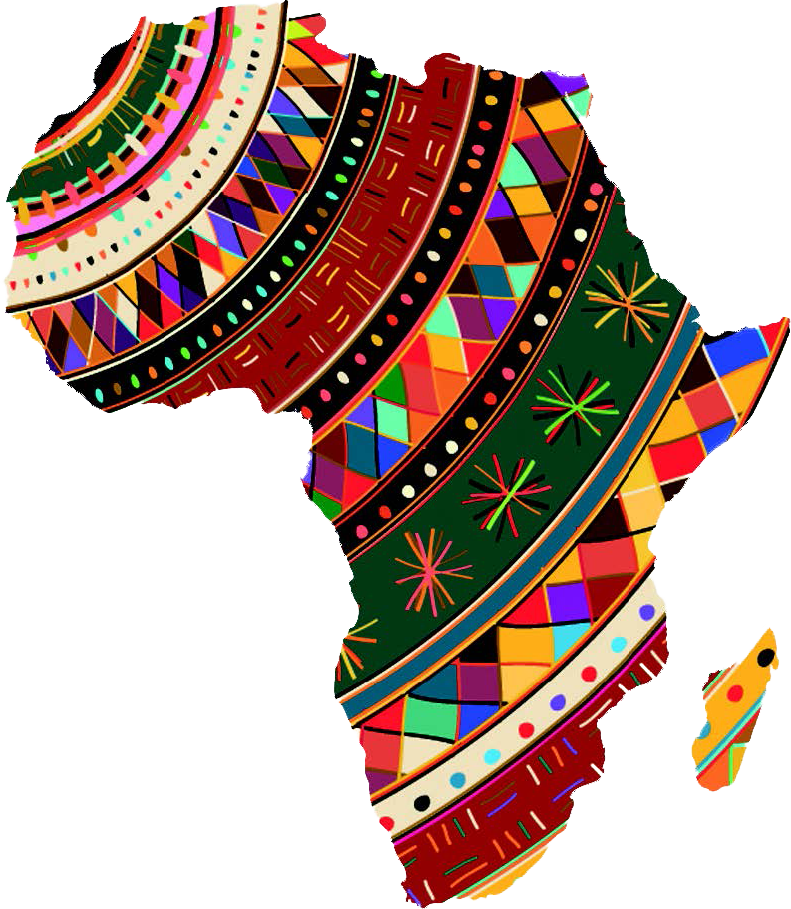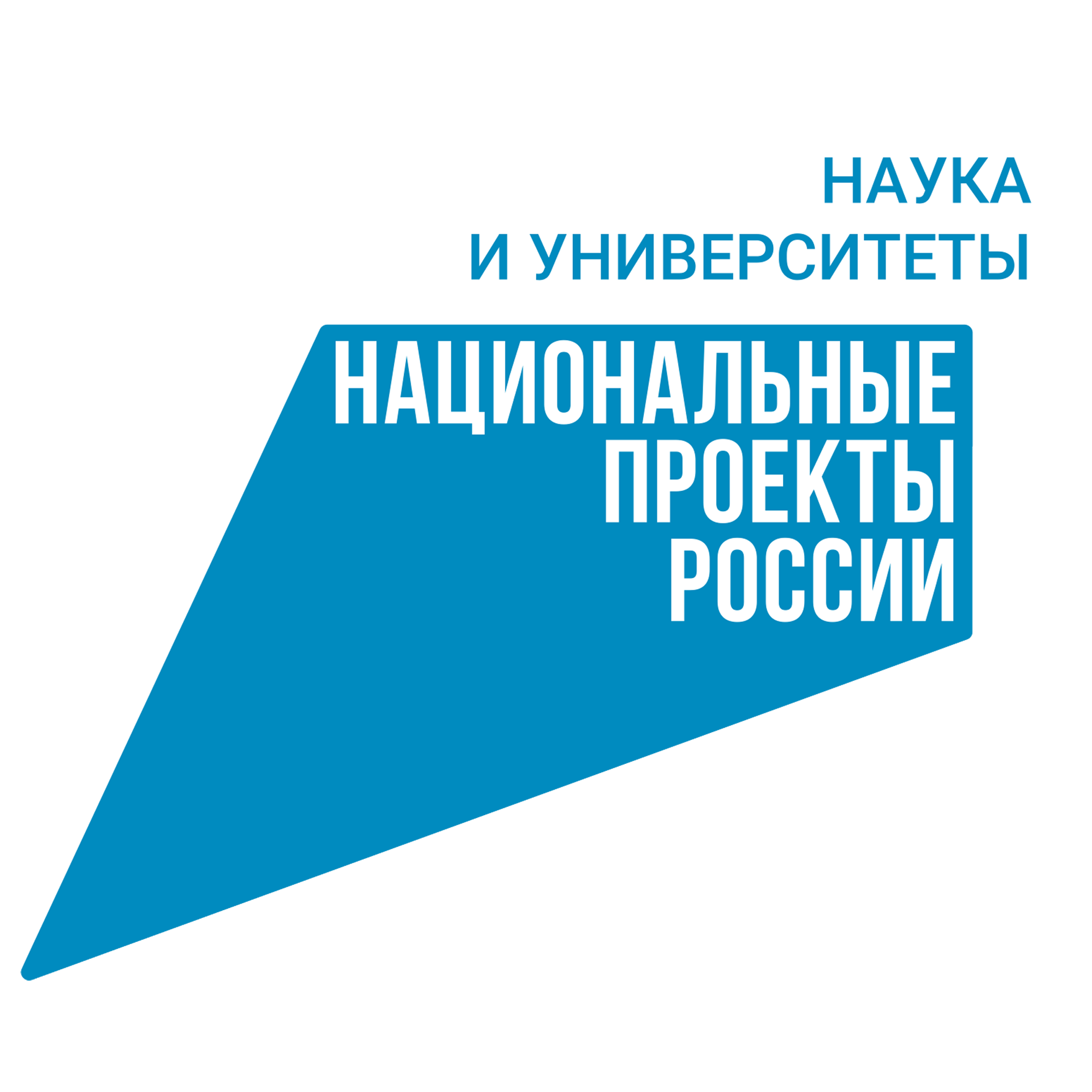April 23-24, 2020 Africa Today – Narratives, Interpretations, Realities

The Africa Research Centre,
Department of Political Science and International Studies, University of Pécs
in co-operation with
The Africa Sub-Committee of the Hungarian Academy of Sciences
Metropolitan State University Denver, CO
and also co-sponsored by
The Hungarian Charity Service of the Order of Malta
The Migration Research Institute
AFRICA TODAY – NARRATIVES, INTERPRETATIONS, REALITIES
6th Pécs African Studies Conference April 23-24, 2020 Pécs Hungary, University of Pécs
By the 21st century African countries have become more integral part of global processes ranging from tradeto regionalization, security to sports diplomacy. ‘Old’ and emerging actors in the African continent have offeredincreased and diversified engagements in all sectors of development. Although the ‘Africa Rising’ mantra hasbeen echoed all over the world, sceptical and critical voices about newly formed (but already known) dependenciesare also heard. It is therefore of utmost importance to continuously re-visit how Africa is seen todayby the various different actors, as well as how Africa is shown today by the many distinct African playersthemselves. The Pécs African Studies Conference is devoted to maintain a series of discussions and debatesabout what globalization means for Africans, what daily realities and future scenarios are defined by Africans,and how Africa is narrated, as well as African development is interpreted by the numerous actors of the globalarena. At the same time, pointing at one of the significant aspects of globalization, trajectories of both intraandintercontinental migration need an even closer look at, especially in light of the ongoing refugee crisis inthe Mediterranean. African diaspora communities across the globe are key to understanding old and new narratives,together with abundant interpretations of the multi-faceted realities of the African continent. Whentalking about the African diaspora and African migrants, however, their ‘neglected diaspora’ across countriesof the former Soviet Bloc must not be forgotten any longer. In particular, at times when governments of Centraland Eastern Europe also (re-)define policies and strategies to take a return to Africa.
- I. History (colonialism, imperialism revisited, decolonization, military conflicts and their aftermath, new
imperialism, second scramble for Africa)
II. Politics (civil wars, nation-building and ethnic cleansing, fragile states, African ownership, African
Union, decentralization, regionalization, role of INOs, GOs, NGOs, security issues, political culture, Africa
in world politics, women in politics)
III. Economics (development plans and failures, old and new venture forms, strategic resources, raw materials
and value-added production, old and new investors, FDI, ITC, from zero sum to win-win, impact of the
global crises, emerging economies in Africa)
IV. Sociology (interethnic co-operation, impact of education, illiteracy, new elites–old poverty, reconciliation,
demobilization, child soldiers)
V. Humanitarian aid and voluntary action (role of INOs, GOs, NGOs, assessment)
VI. Anthropology (social- and cultural anthropology, new and old folklore, tradition and tourism)
VII. Medicine (evolution of tropical medicine, AIDS prevention, virology, epidemiology, threats, prevention,
health migration issues)
VIII. Diaspora (global African migrations, refugees, diasporas and development, diaspora involvement and
foreign policy, diasporas and peacemaking)













